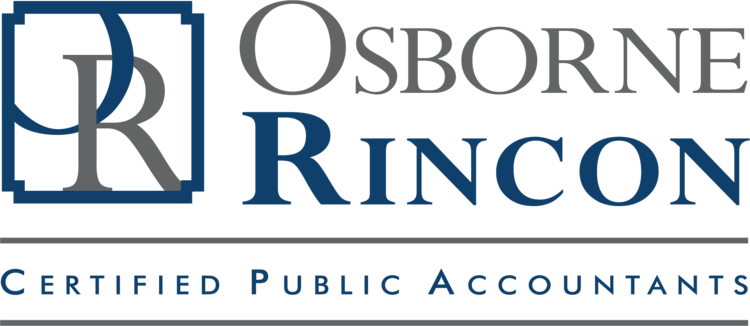By: Gene Snook, CPA
Many of you reading this article have real estate property that you lease to others. If you have several rental properties that indicate you are in the business of renting property, you may qualify as a real estate professional. The tax benefits of attaining Real Estate Professional tax status as opposed to a tax status as an ordinary investor can provide profound tax benefits.
The Internal Revenue Code classifies the rental of real estate as a “Passive Activity” which limits the deduction of net rental losses. Under such rules, taxpayers with net rental losses are limited to deducting only $25,000. The $25,000 deduction begins to phase out if your Adjusted Gross Income (AGI) is greater than $100,000, and is completely disallowed when AGI exceeds $150,000. The unfavorable reality by these harsh rules is that your tax deductions do not match your true economic loss.
In contrast, taxpayers who are deemed real estate professionals are not limited by the passive activity rules. Such taxpayers have the advantage of deducting net rental losses in full and against any form of income they might earn; including income earned by a spouse. To demonstrate the significance of the benefit, an investor with a $100,000 net rental loss can deduct $25,000 at best, while a real estate professional can deduct the full $100,000 loss without restriction.
However, two tests must be met to qualify for real estate professional status when your business involves the rental of real estate. First, you must perform more than 50% of the total services you provide during the year in the rental of real estate as opposed to services in other occupations. You further must perform more than 750 hours in the rental of real estate in which you materially participate.
When it comes to the rental of real estate, material participation means that you must pass one of seven tests of participation for “each rental property”. You can qualify under one favorable test by merely putting more hours servicing a specific rental property than anyone else. Maintaining a calendar with time spent servicing each specific rental property is essential.
If you have several rental properties and have not yet explored this opportunity, it is never too late as the status is reassessed each year.
Gene A. Snook, CPA, joined Osborne Rincon CPAs in August 2014. He has been in public accounting for over 14 years and has extensive experience in providing tax preparation and strategic tax planning services for many areas of industry.
For more information call Osborne Rincon CPAs at 442-307-5512.
